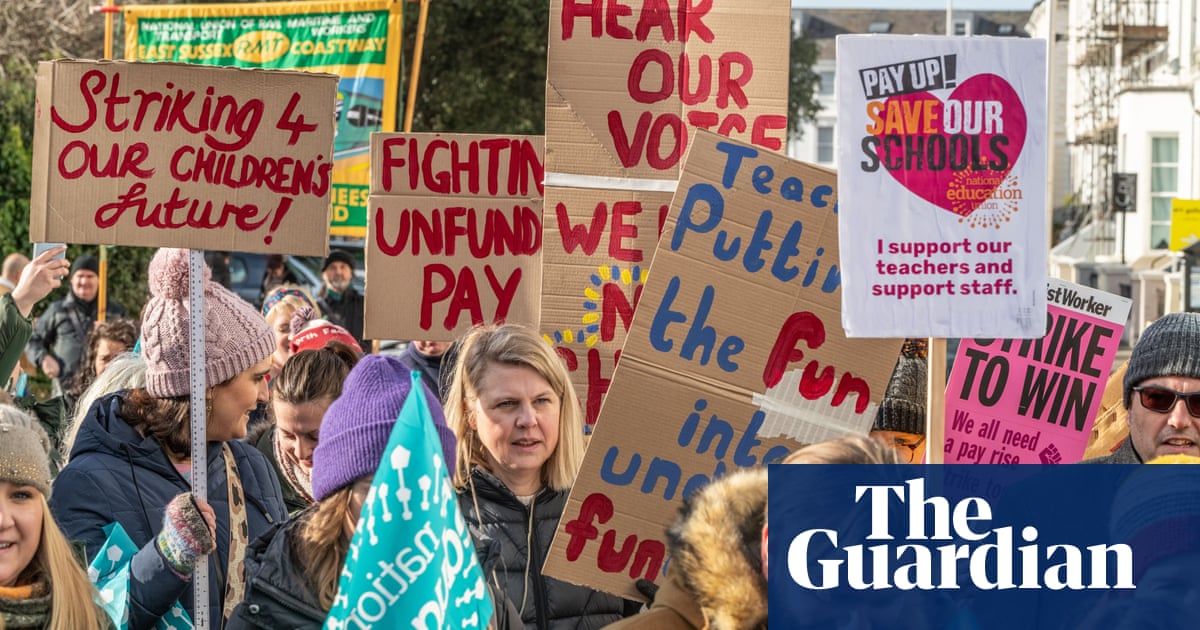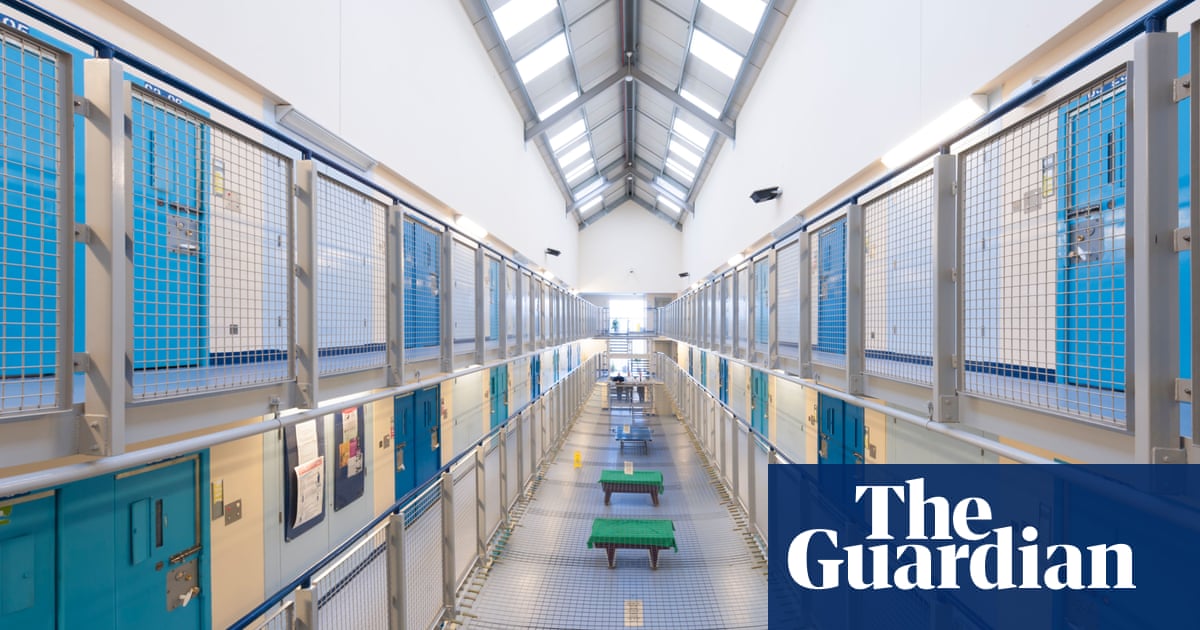
Tens of thousands of prosecutions for alleged fare dodging brought by train companies are to be quashed after a court ruling.
Four companies including Northern Trains and Greater Anglia unlawfully prosecuted more than 74,000 passengers in England and Wales using the single justice procedure (SJP), which allowed fast-track magistrates hearings on fare evasion cases to be held behind closed doors.
The challenge began when the Department for Transport (DfT) alerted the Ministry of Justice that four train operating companies were using SJP to prosecute without permission.
At a hearing in June, the chief magistrate, Paul Goldspring, told Westminster magistrates court he believed the prosecutions were void and “probably unlawful”. At a further hearing last month lawyers for the rail companies accepted they were in agreement the cases should be quashed.
On Thursday, Goldspring said six test cases should be declared a “nullity”, so it was “as if as though the proceedings never existed”. In an 18-page ruling he said: “The implications are wide ranging because the same issue applies to over 74,000 cases where the same unlawful prosecutions took place.”
In a summary of his judgment, Goldspring said: “Parliament did not envisage these offences being prosecuted through the SJP. They should never have been brought through that process. This is, to my mind, a paradigm nullity.” He added: “I’m satisfied that the correct approach is to declare each of the prosecutions void and a nullity.”
The exact number of those affected is unknown, with a previous hearing told about 75,000 people could have been prosecuted for fare evasion offences under the SJP.
Goldspring said that “the number seems to change every time I ask”, but that a figure of “over 74,000” is a “best guess at the moment”.
Thursday’s ruling affects only the six test cases, with the judge putting in motion plans for the thousands of other prosecutions to be declared void in the same way.
He said attempts would be made by HM Courts & Tribunals Service, the DfT and the train operating companies to identify those affected in the coming weeks.
He said a list of those affected would aim to be compiled by the end of September, with the cases listed as a bulk hearing by the end of October. He said: “I will simply list them as a bulk listing, no parties required, and then I will then make a similar direction in relation to all these cases affected, so everybody is in the same position.”
The judge said by the end of November a team would “begin the work of recovering the money paid and refund the money to individuals.
“There are discussions ongoing with all the parties about how that may be paid,” he added.
After the hearing, a spokesperson for Northern Trains said: “We welcome the judgment of the chief magistrate in court today. We would like to apologise again for the errors that have occurred. We will now work with the court to implement today’s findings. We are unable to respond to individual inquiries in the meantime.
“Northern remains committed to ensuring that all our customers are treated fairly, which means ensuring all passengers who board our trains have a valid ticket.”
The SJP was set up in 2015 to allow magistrates to decide on minor offences, such as using a television without a licence or driving without car insurance, without defendants going to court.
But the Magistrates’ Association has said it is “uncomfortable” with the system. Rail companies were allowed to use the SJP in 2016 to privately prosecute fare evaders, but several of these cases were brought under the Regulation of Railways Act 1889, which is not allowed under the procedure.
At the hearing in July, Brian O’Neill KC, representing Northern Trains, said his company and Greater Anglia “recognise there was no power” to pursue such prosecutions.
In written submissions for the earlier hearing, Greater Anglia said it acknowledged “a series of significant errors” had occurred and wanted to “apologise unreservedly” to those affected.












